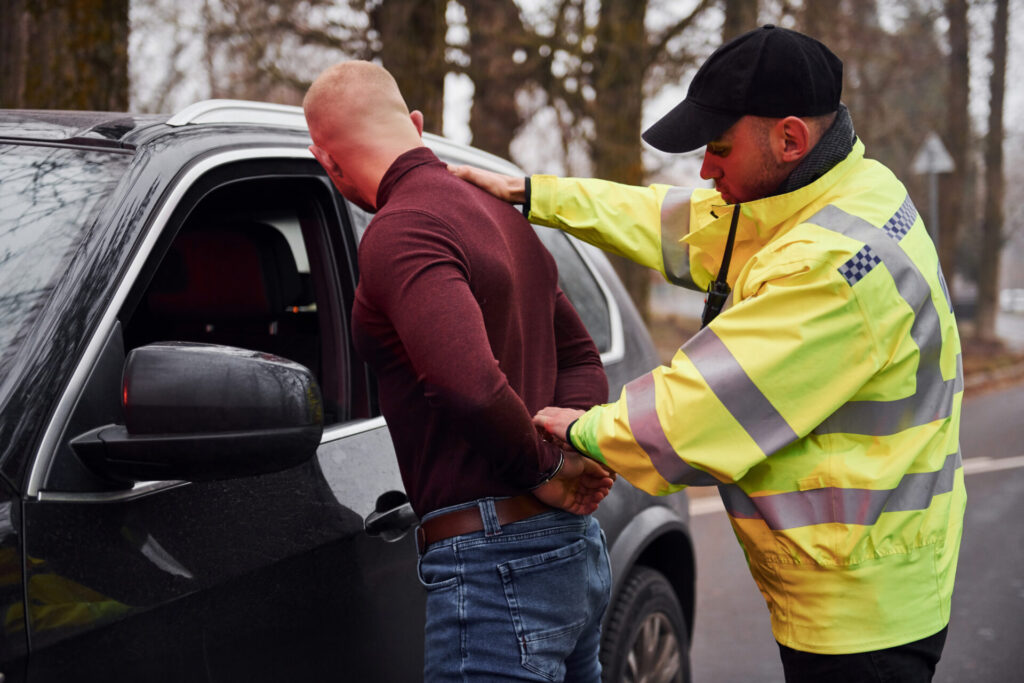In recent years, the use of police body cameras has become increasingly prevalent as a means to promote transparency, accountability, and trust between law enforcement and the communities they serve. Massachusetts, like many other states, has recognized the value of these devices in enhancing the criminal justice system. Currently, more than 2,100 Massachusetts State Police Troopers use body worn cameras when interacting with the public everyday. Furthermore, in conjunction with Federal and private grants many cities and town in Massachusetts are also implementing their own use of body worn cameras. In this blog, we will explore the use of police body cameras in Massachusetts, examining their benefits, considerations, and the impact they have on improving police-civilian interactions.
Promoting Accountability and Transparency:
- Objective Record of Events:
Police body cameras provide an objective record of interactions between law enforcement officers and individuals, offering a firsthand account of encounters. This footage can be valuable in accurately documenting incidents and resolving disputes about the events that transpired.
- Enhanced Accountability:
Body cameras act as a deterrent to misconduct, encouraging officers to adhere to professional standards and best practices. Knowing their actions are being recorded can foster accountability, leading to improved behavior and reducing the likelihood of excessive use of force or other misconduct.
- Evidence for Investigations:
Body camera footage can serve as vital evidence during investigations, providing a comprehensive and unbiased account of incidents. This can assist in determining the facts of a case, corroborating witness statements, and ensuring the integrity of the criminal justice process.
Benefits for Law Enforcement and the Community:
- Improved Officer Training:
Body camera footage can be used as a valuable training tool for law enforcement agencies. Reviewing recorded interactions allows supervisors and trainers to provide feedback, identify areas for improvement, and implement effective training programs to enhance officer professionalism and community engagement.
- Strengthened Community Relations:
The use of body cameras can help bridge the gap between law enforcement and the communities they serve. The presence of cameras can increase trust and confidence in policing by demonstrating transparency and a commitment to accountability. This, in turn, can lead to more positive police-civilian interactions and foster stronger community relationships.
Considerations and Implementation:
- Privacy Concerns:
The use of body cameras raises valid concerns about privacy, particularly when recording individuals in sensitive or private situations. Policies and guidelines must be in place to address these concerns and ensure that the deployment and use of body cameras strike a balance between transparency and respecting individual privacy rights.
- Policy Development and Training:
Law enforcement agencies should establish clear guidelines and protocols for the use of body cameras. Policies should address when and where cameras should be activated, restrictions on their use, storage and retention of footage, and access to recorded material. Thorough training programs for officers are essential to ensure proper usage and adherence to these policies.
- Community Engagement:
Open and transparent communication with the community is crucial in implementing body camera programs. Soliciting feedback, addressing concerns, and involving community stakeholders in policy development can help foster understanding and support for the use of body cameras.
Conclusion:
The adoption of police body cameras in Massachusetts represents a significant step towards enhancing transparency, accountability, and trust between law enforcement and the communities they serve. These devices provide an objective record of interactions, promote officer accountability, and strengthen community relations. However, careful considerations must be given to privacy concerns, policy development, and community engagement to ensure that the use of body cameras aligns with the principles of fairness, privacy rights, and effective law enforcement. By striking the right balance, Massachusetts can continue to harness the potential of police body cameras to improve the criminal justice system and build stronger relationships between law enforcement and the community.






